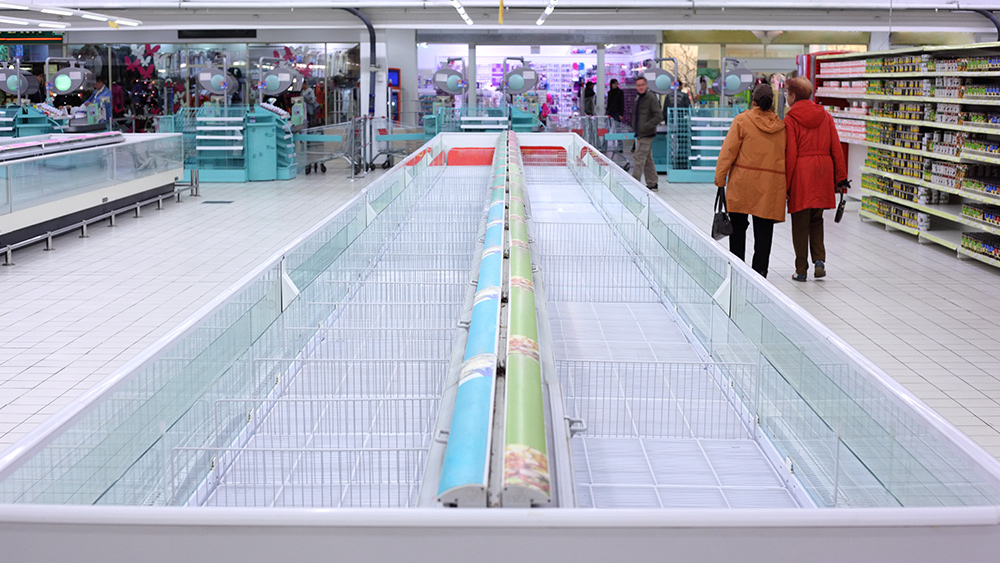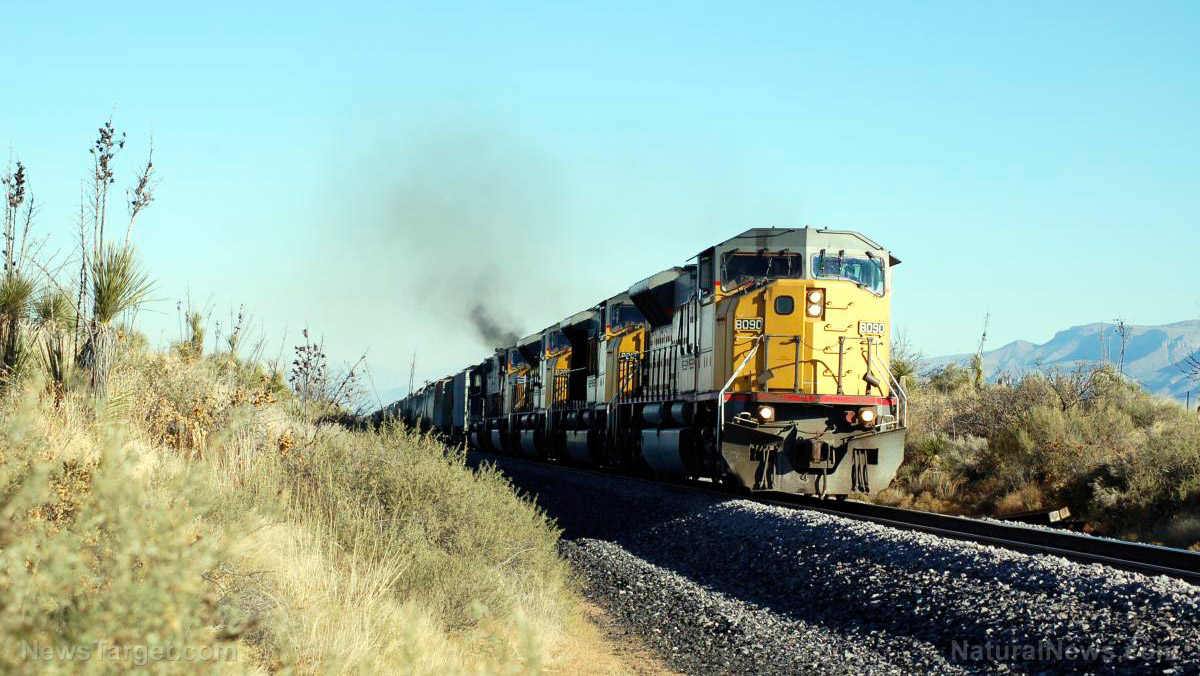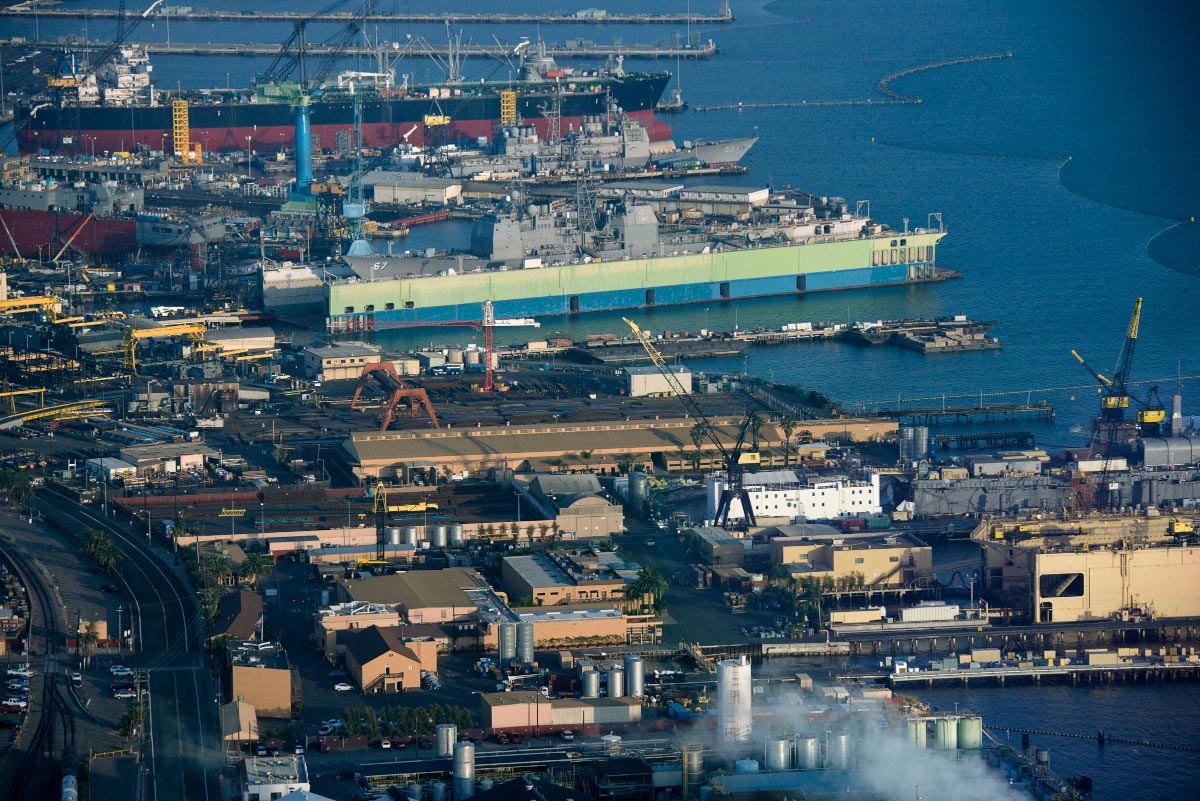
For the past several months, we have been reporting on the steadily collapsing global supply chain, initially brought about by the shuttering of entire economies due to the COVID-19 pandemic.
What happened over the course of months after the pandemic was declared in the spring of 2020 was unprecedented, which is why no one but the most obscure experts could have foreseen the fallout: The global supply system began crumbling -- and now it's nearly collapsed.
Here's why: The virus, which started in China, is now hitting China the hardest again. And since a majority of consumer and industrial goods now come from China, it stands to reason that as goes that country, so goes the supply chain.
The Chinese economy is monstrous, though not as large as it is in the United States, but unlike the U.S., China is much more reliant on power-hungry factories (remember, they make all the goods). As the country restarted following pandemic-related slowdowns and shutdowns, factory demand for power surged passed the grid's ability to produce it -- which, in turn, is causing factory shutdowns again (if this situation persists, it will also cause a lot of unrest in China -- the last thing the Communist regime wants -- but that's a story for another day).
"Northeast China's Shenyang, capital of Liaoning Province has been through a sudden and unexpected power curb. Meanwhile, dozens of provinces across the country are also facing power curb due to govt's pursuit to cut carbon emission even though the supply for coal remain adequate," said a tweet from the account Source Beijing.
https://twitter.com/SourceBeijing/status/1442108700731133960
What is driving China's lack of power generation? A lack of coal; most of China's grid is lit with coal-fired power plants (which are the cheapest to build and operate) but a steep rise in coal prices has led to availability issues.
Why is coal lacking? Because of pandemic-related shutdowns.
See how this is working? One shortage feeds into another...which feeds into another, which then disrupts the global supply chain. Then you get total collapse at some point.
Part of the supply issue is due to government policy; President Xi Jinping wants to see blue skies in his country during next year's Winter Olympics, and they won't be if coal-fired power plants are running at full capacity.
https://twitter.com/jchatterleyCNN/status/1442488827914821633
Now for the really bad news (at least for Chinese residents): Power outages have spread from factories to homes, and there is no end in sight, the BBC reports:
The country is highly dependent on coal for power.
One power company said it expected the power cuts to last until spring next year, and that unexpected outages would become "the new normal". Its post, however, was later deleted.
The energy shortage at first affected manufacturers across the country, many of whom have had to curb or stop production in recent weeks.
All of which brings us to the United States, which is experiencing its own supply chain crisis that is worsening by the week.
"Seafarers, truck drivers and airline workers have endured quarantines, travel restrictions and complex Covid-19 vaccination and testing requirements to keep stretched supply chains moving during the pandemic," CNN Business reported this week. "But many are now reaching their breaking point, posing yet another threat to the badly tangled network of ports, container vessels and trucking companies that move goods around the world."
"In an open letter Wednesday to heads of state attending the United Nations General Assembly, the International Chamber of Shipping (ICS) and other industry groups warned of a 'global transport system collapse' if governments do not restore freedom of movement to transport workers and give them priority to receive vaccines recognized by the World Health Organization," the network added.
And to top all of that off, delivery times by the U.S. Postal Service are lengthening as well, adding to the supply chain woes.
"USPS faced significant operational issues during the 2020 holiday season as package deliveries jumped with more shopping being done online amid the COVID-19 pandemic. The service delivered more than 1.1 billion packages during last year's holiday season, a more than 40% increase in full network packages," Newsmax reported this week.
If you need something -- need it -- better order extra now.
Sources include:
Please contact us for more information.





















